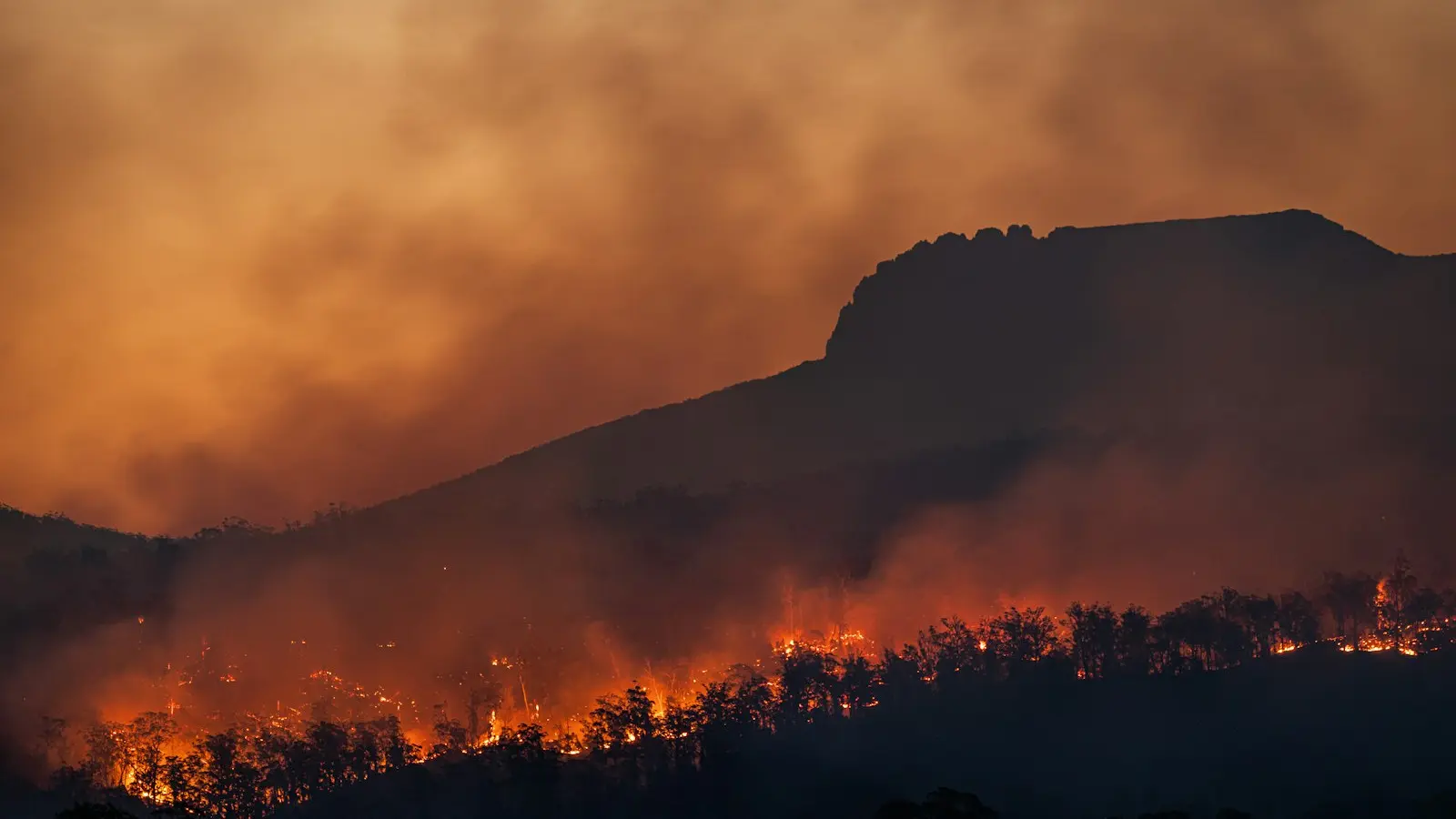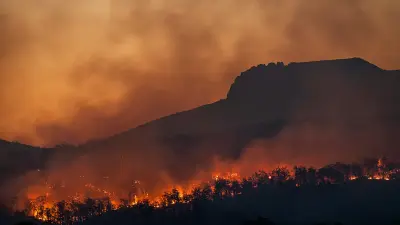Facing the Wave of Change: Us and a Climate That Is No Longer the Same
Imagine for a moment, a morning that was once cool now feels stifling, rain suddenly turns into storms, or crops no longer grow as tall as they used to. Global climate change is no longer just scientific jargon but a real experience quietly creeping into our living spaces. Behind every natural disaster, strange weather pattern, and even a cup of coffee that has become more expensive, lies a narrative of change calling us to understand—and act.
Why does this matter? Because behind uncertainty, there also lies opportunity. Every challenge arising from the Earth's changing temperature actually opens new doors for collaboration, innovation, and cross-cultural solidarity. Here, we will explore the various impacts of global climate change, from threats that feel close to home to surprising opportunities for a more inclusive and sustainable future.
The Impacts of Climate Change: Closer Than We Think
Extreme Weather and Daily Life
Many of us have experienced record-breaking heat, relentless rain, or choking haze. These are not minor changes but clear signs of a warming climate. The latest IPCC reports show that extreme weather events — from droughts and floods to cyclones — are becoming more frequent and widespread. Farming communities lose their livelihoods, urban areas battle flooding, and children are forced to study amid disaster disruptions.
Ecosystem Shifts and Biodiversity Loss
Earth’s rising temperatures affect not only humans but entire ecosystems. Tropical rainforests are shrinking, coral reefs are bleaching, and certain species — such as the Sumatran rhino or orangutans — face increasingly threatened habitats. The loss of biodiversity impacts food security, natural medicines, and cultural wisdom grounded in nature.
Challenges to Food and Water Security
For many families in Asia, Africa, and Latin America, climate change means scarcer food and harder access to clean water. Planting cycles become unpredictable. In some regions, crop failures have become an annual threat. In big cities, competition over water grows fiercer. These pressures especially burden the most vulnerable: women, children, and minority groups at the forefront of the crisis.
Driving Action: From Awareness to Cross-Cultural Collaboration
Opportunities in Renewable Energy
Amid concerns, there is a bright spot. The transition to renewable energy—solar, wind, and hydro—is no longer a dream but an urgent necessity. Countries from Indonesia to Morocco are harnessing sun and wind power for sustainable electricity. Beyond reducing emissions, this shift creates new jobs and cuts dependence on fossil fuels.
Social Innovation: Reviving Traditions and Local Knowledge
Many communities have long lived in harmony with nature, maintaining balance through environmentally friendly philosophies and practices. Around the globe, indigenous wisdom—such as agroforestry in Indonesia or Bali’s Subak rice system—is being revived and combined with modern technology. Here, cross-cultural solidarity plays a key role: learning from each other, sharing knowledge, and building a future that respects both the earth and humanity.
Collective Responsibility: Small Actions, Big Impact
We may wonder if a small act can truly make a difference. The answer is yes—especially when done together. Reducing plastic waste, choosing local products, or supporting sustainable policies are small steps that, collectively, drive change. Young people, in particular, are leading this new narrative—bringing climate issues into discussions and onto global stages.
Weaving Hope: Space for Reflection and Joint Action
Learning from Differences, Celebrating Diversity
One of humanity’s greatest strengths is its ability to adapt and collaborate. Success stories—from fishing communities in Sulawesi changing their catch methods to protect the seas, to large-scale reforestation efforts in India—show that positive change starts with the courage to take different paths. Climate change invites us to build bridges of understanding across nations and generations—not just to protect the planet, but to empower each other.
Inclusivity Challenges and Climate Rights
Although climate impacts touch everyone, not all are affected equally. Developing countries, indigenous peoples, and coastal communities are often more vulnerable amid the crisis. Therefore, the fight against climate change must prioritize justice: giving voice to minorities and ensuring no one is left behind in the transition to a sustainable future.
Building the Future Through Global Collaboration
The future cannot be built alone. Partnerships among nations, multinational cooperation, and global citizen participation are at the heart of solutions. Programs like the Paris Agreement, Youth Climate Movements, and intercultural knowledge exchanges sow seeds of hope. The world moves toward a shared goal: a livable Earth for current and future generations.
Conclusion
Lorem ipsum dolor sit amet, consectetur adipiscing elit, sed do eiusmod tempor incididunt ut labore et dolore magna aliqua. Ut enim ad minim veniam, quis nostrud exercitation ullamco laboris nisi ut aliquip ex ea commodo consequat. Duis aute irure dolor in reprehenderit in voluptate velit esse cillum dolore eu fugiat nulla pariatur. Excepteur sint occaecat cupidatat non proident, sunt in culpa qui officia deserunt mollit anim id est laborum.
Closing
Let's Move Forward Together for the Earth's Future
Thank you for taking the time to read and reflect on the issue of global climate change. May this discussion inspire you to see every challenge as an opportunity, and every small step as part of a larger transformation.
Share your thoughts, invite conversation, and let’s continue exploring new paths to ensure Earth remains a worthy home for all of us—across generations, cultures, and languages.







